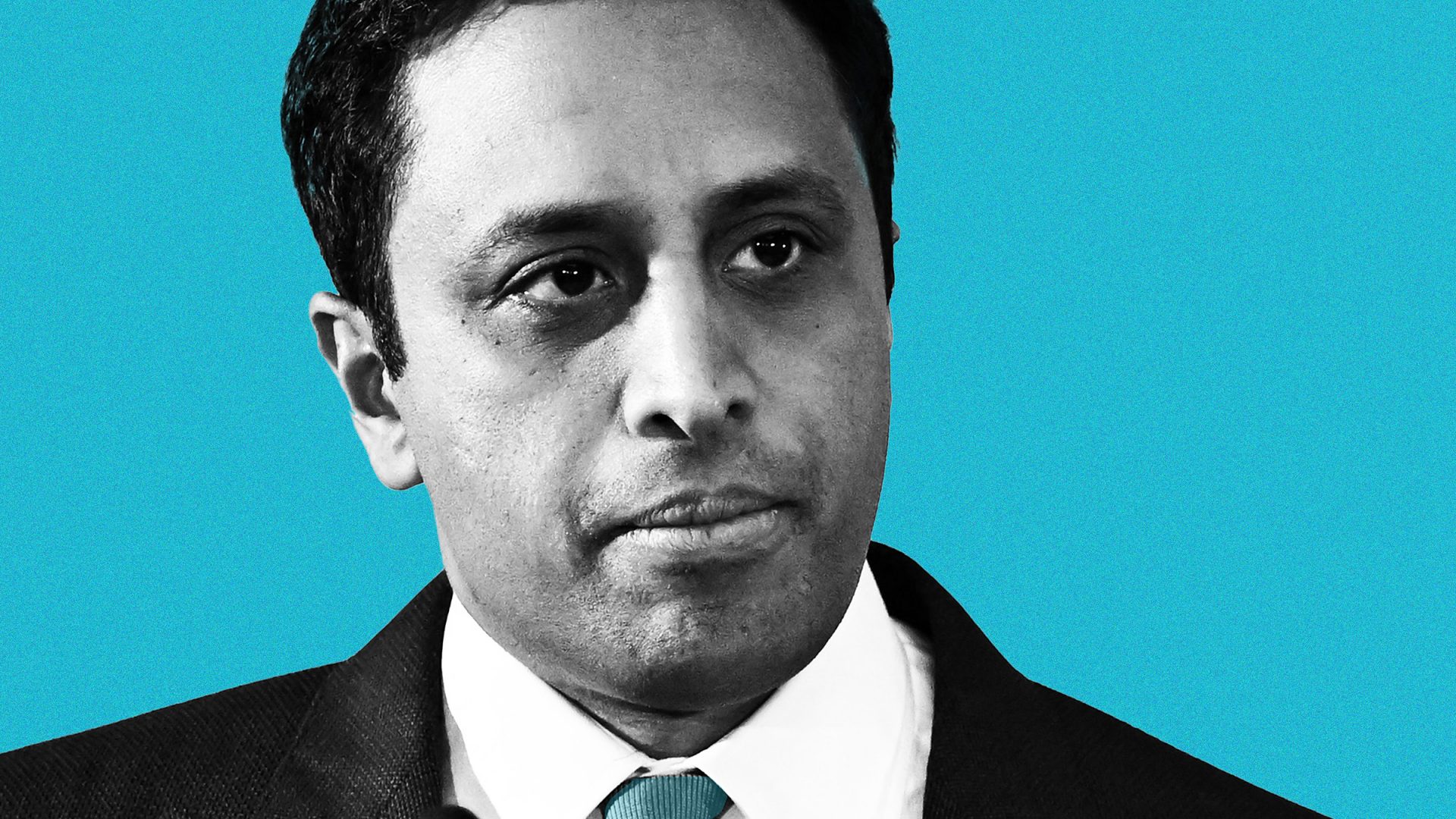Zia Yusuf’s resignation deepens concerns over Islamophobia and Farage’s obsessive grip
Let’s be honest: Zia Yusuf quitting Reform UK was not the most dramatic right wing falling-out that happened on Thursday evening. Donald Trump and Elon Musk’s escalating attacks on one another on X and Truth Social drew much of the attention a dramatic UK political resignation might garner – but that doesn’t make Yusuf’s resignation any less significant.
Yusuf had served as the chairman of Reform UK since July 2024, and had been named by Nigel Farage as a potential successor for its leadership. He was a loyal soldier during Farage’s last public falling out with a former ally, Rupert Lowe, even involving himself in reporting Lowe to the police over an apparent threat of violence against him.
Yusuf was, until very recently, a loyal foot soldier for Reform and one of its few public faces other than its leader. The immediate source of his decision to quit appears to be a row provoked by Reform’s newest MP, Sarah Pochin, who asked Keir Starmer at PMQs why Labour did not support a “burqa ban” – a policy widely supported on the UK’s far right. Yusuf had called the question “dumb” and said Reform itself would not support such a policy, only to quit the party less than a day later.
The departure marks the second time in a year that Reform has lost one of its very few public faces from a visible ethnic minority. Former deputy leader Ben Habib left Reform last November (though notably, Habib took a harder line on “mass deportations” than Nigel Farage), and now Yusuf has walked out the door amid an Islamophobia row. Farage has always tried to portray his parties as distinct from the far right – but showing some diversity is essential to try to convey that message.
On one level, any of Farage’s parties operate on a one-man, one-vote system – Farage is the man, and he gets the vote. Anyone trying to set up normal processes and systems around him soon discovers that. This means anyone who clashes with Farage’s vision soon finds themselves surplus to requirements, and that there is no way to fight Farage and win.
On another, though, Yusuf’s departure spells trouble for Reform. Nigel Farage has had two previous parties which have reached at least 25% in the polls, only to disintegrate without ever achieving a good general election performance. At present, Reform seems to be doing better than either UKIP or the Brexit Party, but Yusuf is a reminder of the failings that have dogged Farage in the past.
Yusuf had been widely credited with professionalising Reform’s operations and helping it turn popularity in the polls into control of actual councils – the first time a Farage party has achieved any kind of actual political power in the country. He had been helping to convert Reform from a private company into a structure more closely resembling a standard political party, and building some of the infrastructure needed to win elections.
This kind of practical administrative skillset is not one that Farage typically attracts, and there are not many obvious successors to take on the jobs Yusuf was managing – Reform’s parliamentary party is less a disciplined and well-oiled machine than a motley crew of loose cannons.
None of this is to write off either Farage or Reform. It is clear Farage smells his opportunity to actually reach mainstream political power – not least having finally become an MP after seven previous failed attempts – and he is ditching many of his old principles if he thinks they would get in his way. The party is polling well, and neither Labour nor the Conservatives yet seem to have a playbook to counter it.
But Farage is reminding us about his historical weaknesses: he is terrible at allowing anyone to flourish who may become a potential rival, he has no ability to build infrastructure or discipline into a party, and his political coalition is unstable and erratic.
Yusuf is likely to prove little more than a footnote in UK political history. But his departure does serve to remind us that while Farage is closer to entering Downing Street than ever before, he still has a long way to go yet before he reaches it.
